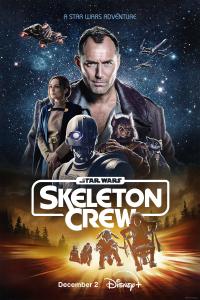Torrent details for "Scrucca L. Model-Based Clustering, Classification,...Using mclust in R 2023 [andryold1]" Log in to bookmark
Controls:
External index by SiteBot Verified
Category:
Language:
 English
EnglishTotal Size:
28.26 MB
Info Hash:
7680c08d317635ed72af09e00d3a57b6f392041b
Added By:
Added:
23-03-2023 11:52
Views:
148
Health:

Seeds:
2
Leechers:
1
Completed:
166
Textbook in PDF formatExternally indexed torrent If you are the original uploader, contact staff to have it moved to your account
Model-based clustering and classification methods provide a systematic statistical modeling framework for cluster analysis and classification. The model-based approach has gained in popularity because it allows the problems of choosing or developing an appropriate clustering or classification method to be understood within the context of statistical modeling.
mclust is a widely-used software package for the statistical environment R. It provides functionality for model-based clustering, classification, and density estimation, including methods for summarizing and visualizing the estimated models. This book aims at giving a detailed overview of mclust and its features. A description of the modeling underpinning the software is provided, along with examples of its usage. In addition to serving as a reference manual for mclust, the book will be particularly useful to readers who plan to employ these model-based techniques in their research or applications. The companion website for this book contains the R code to reproduce the examples and figures presented in the book, errata and various supplementary material.
Key features of the book
An introduction to the model-based approach and the mclust R package
A detailed description of mclust and the underlying modeling strategies
An extensive set of examples, color plots, and figures along with the R code for reproducing them
Supported by a companion website, including the R code to reproduce the examples and figures presented in the book, errata, and other supplementary material
Who is this book for?
The book is written to appeal to quantitatively trained readers from a wide range of backgrounds. An understanding of basic statistical methods, including statistical inference and statistical computing, is required. Throughout the book, examples and code are used extensively in an expository style to demonstrate the use of mclust for model-based clustering, classification, and density estimation. Additionally, the book can serve as a reference for courses in multivariate analysis, statistical learning, Machine Learning, and data mining. It would also be a useful reference for advanced quantitative courses in application areas, including Data Science, social sciences, physical sciences, and business.
Preface
1 Introduction
2 Finite Mixture Models
3 Model-Based Clustering
4 Mixture-Based Classification
5 Model-Based Density Estimation
6 Visualizing Gaussian Mixture Models
7 Miscellanea











































